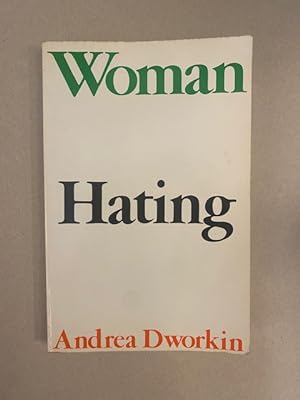

Like many in the New Left, she resisted their arguments at first: “Oppression meant the US in Vietnam, or apartheid in South Africa, or legal segregation in the US. Dworkin, who had left the US in 1968, had not heard of them. “In one emergency, my husband had broken into where I was living, had beaten me and threatened to kill me, I spent three weeks sleeping in a movie theater that was empty most of the time.”ĭworkin’s friend brought her some recent books coming out of the American radical feminist movement: Shulamith Firestone’s The Dialectic of Sex, Kate Millett’s Sexual Politics, and the anthology Sisterhood Is Powerful. A friend helped her find new places to stay along the way: houseboats, an abandoned mansion, a hippie commune on a farm outside Amsterdam. “At the time, so far as I knew, I was the only person this had ever happened to,” Dworkin writes in a haunting 1995 essay called “My Life as a Writer.” After two and a half years of beatings, rape, and other physical attacks, she fled for good.

Domestic violence had not been a part of Dworkin’s childhood, and she knew nothing about it. The first incident seemed like it must have been some kind of mistake. Soon after they married he began beating her. She had married at twenty-two, to a fellow New Left countercultural activist from the Netherlands, and moved to Amsterdam to live with him. Andrea Dworkin found feminism in 1971, while she was on the run from her violent ex-husband, sleeping on friends’ floors and moving frequently to evade his stalking.


 0 kommentar(er)
0 kommentar(er)
